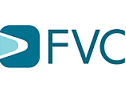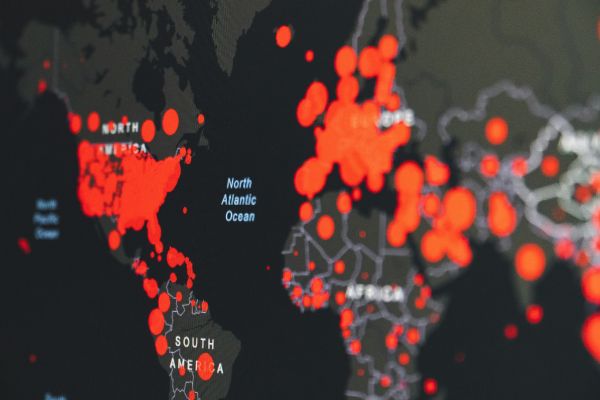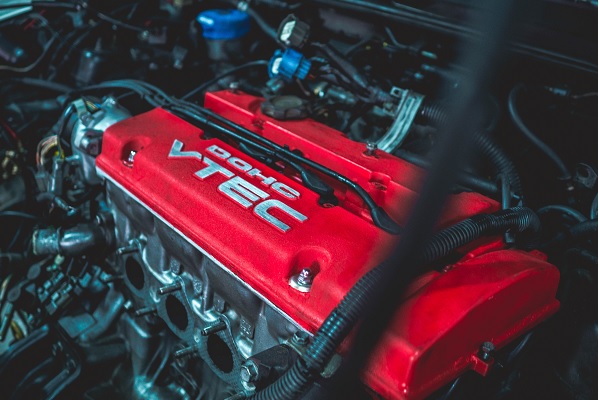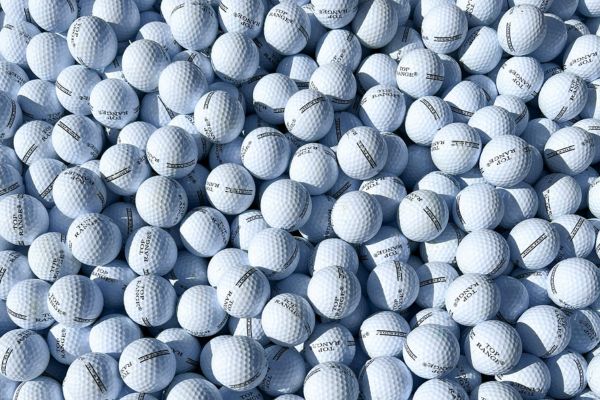Retail structured products are issued all around the world and they can be linked to different underlyings, vary in currency and issuers, be capital protected or at risk, have low or high barriers, vary in length and can mature early if the product has a kick-out feature. The most popular retail structured product type is the auto-call. Whether they are growth, income or defensive, they account for most of the current market and continue to be popular as they offer investors a potential attractive early defined return.
This article will focus on three examples of high performing products from three different markets.
Brazil
The first example is from Brazil. It is a semi-annual auto-call product which is 100% capital protected. This growth product was issued by Morgan Stanley in Brazilian Reals. The final payoff of product was 125.35% (16.26% pa compounded) and the underlyings are T-Mobile, Sales Force, Alibaba and Caterpillar in a worst-of scenario. The product matured early on the third auto-call, making the actual life of the product 1.5 years. The one year risk free rate of the Brazilian Real was approximately 7.2% at the time of the strike date, this and the worst of three underlying choice explain how a principal protected product is able to offer such attractive returns.
Taiwan
The second product is from Taiwan. Also an auto-call, the product kicked-out on the first auto-call date as the strike date for this was on the 18th March 2019 and the product expired on the 18th April 2019, returning 102.08% including capital to the investor. This income product was issued by Société Générale in US Dollars. The product paid a fixed coupon of 2.0833% per month (25% p.a.) if all the underlyings were at least at 68% of their strike level on each observation date. The product also had a memory feature which would have allowed investors to potentially catch up missed payments. The underlyings for this product were Freeport McMoran, Broadcom, NVIDIA and Micron Technology in a worst-of scenario. This was a capital at risk product which had an American Closing-Day barrier of 68%.
Italy
The third product is from Italy. This quarterly auto-call product returned 106.85% to investors as it matured early, kicking out at the first opportunity. This income product was issued by Goldman Sachs in Euros. The product paid a fixed coupon of 6.85% every quarter if all underlings were at least 100% of the strike levels. This product did not have a memory feature, meaning that investors would not have been able to catch up any missed coupon payments. The underlyings were Atlantia and Telecom Italia. This was a capital at risk product which had a European barrier of 70%.
Comparison
These products demonstrate the similarity and widespread popularity of the auto-call product type. As with all investments, the local interest rates will have an effect on the magnitude of potential returns but the structure and features are similar across many markets. It is important to note that comparing products by just their terms is not a true representation of the associated risk. The currency they are issued in can have a significant impact on risk and returns. The Brazil product is an excellent example of this where the return is high due to the risk free rate being high within that country.
Tags: Structured Edge Lifecycle












